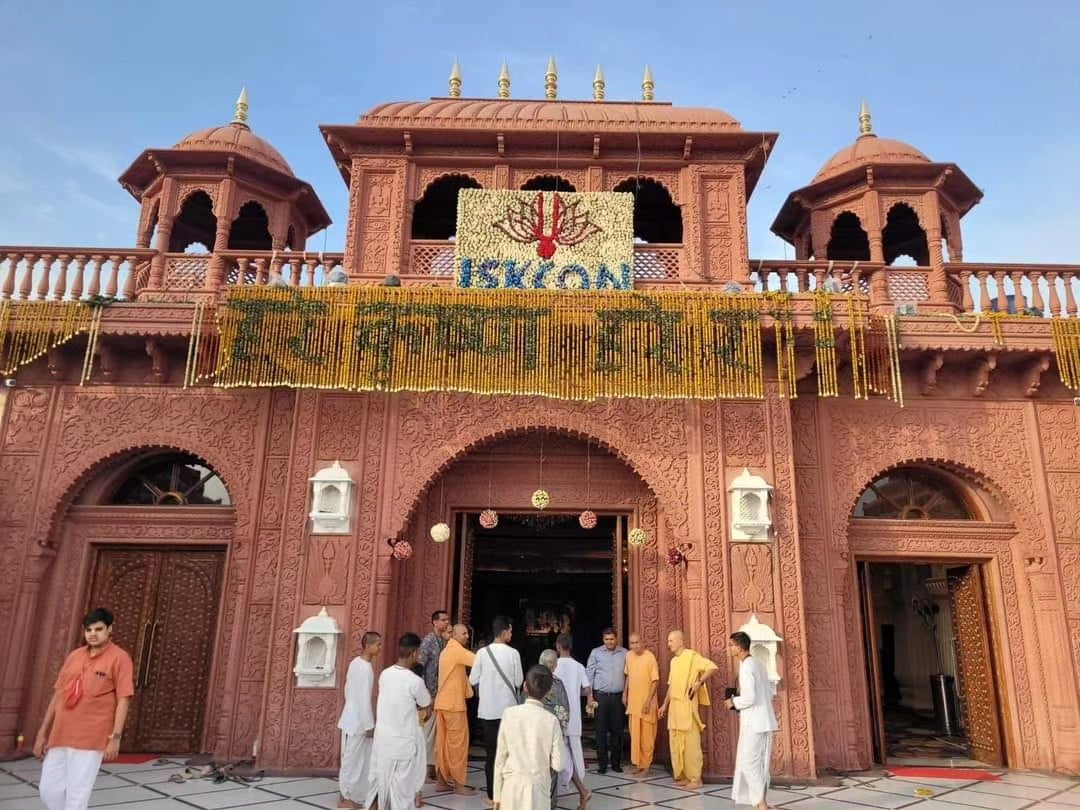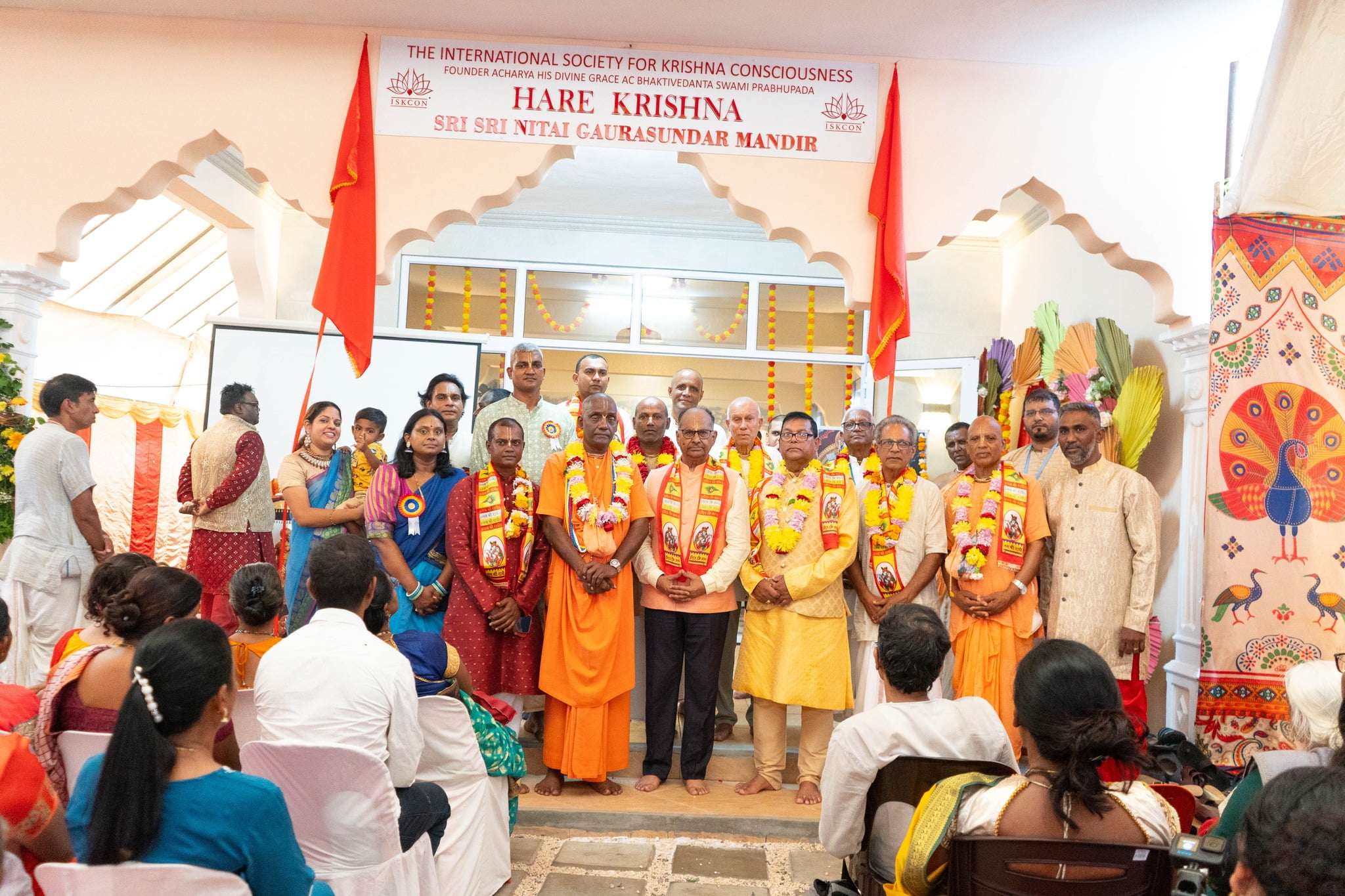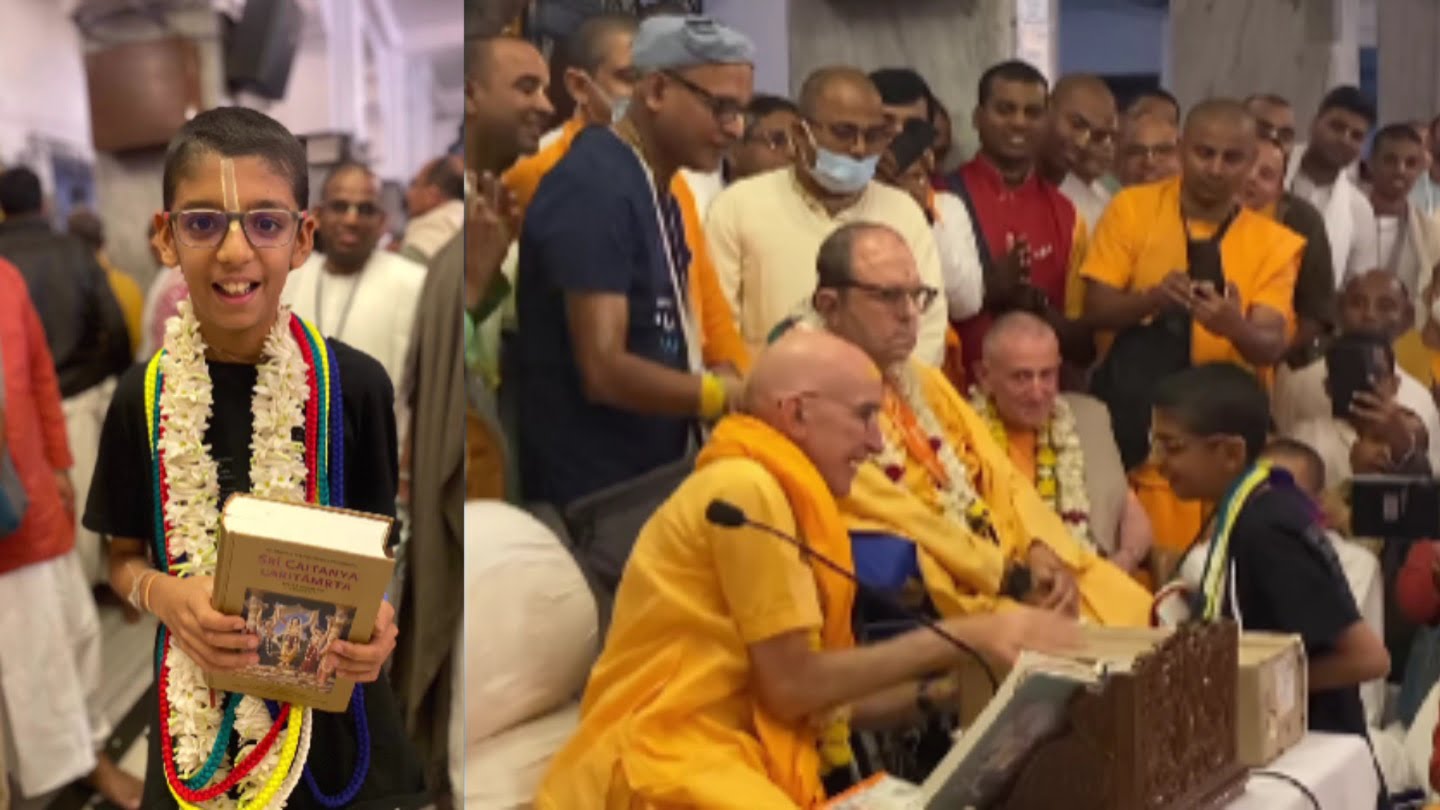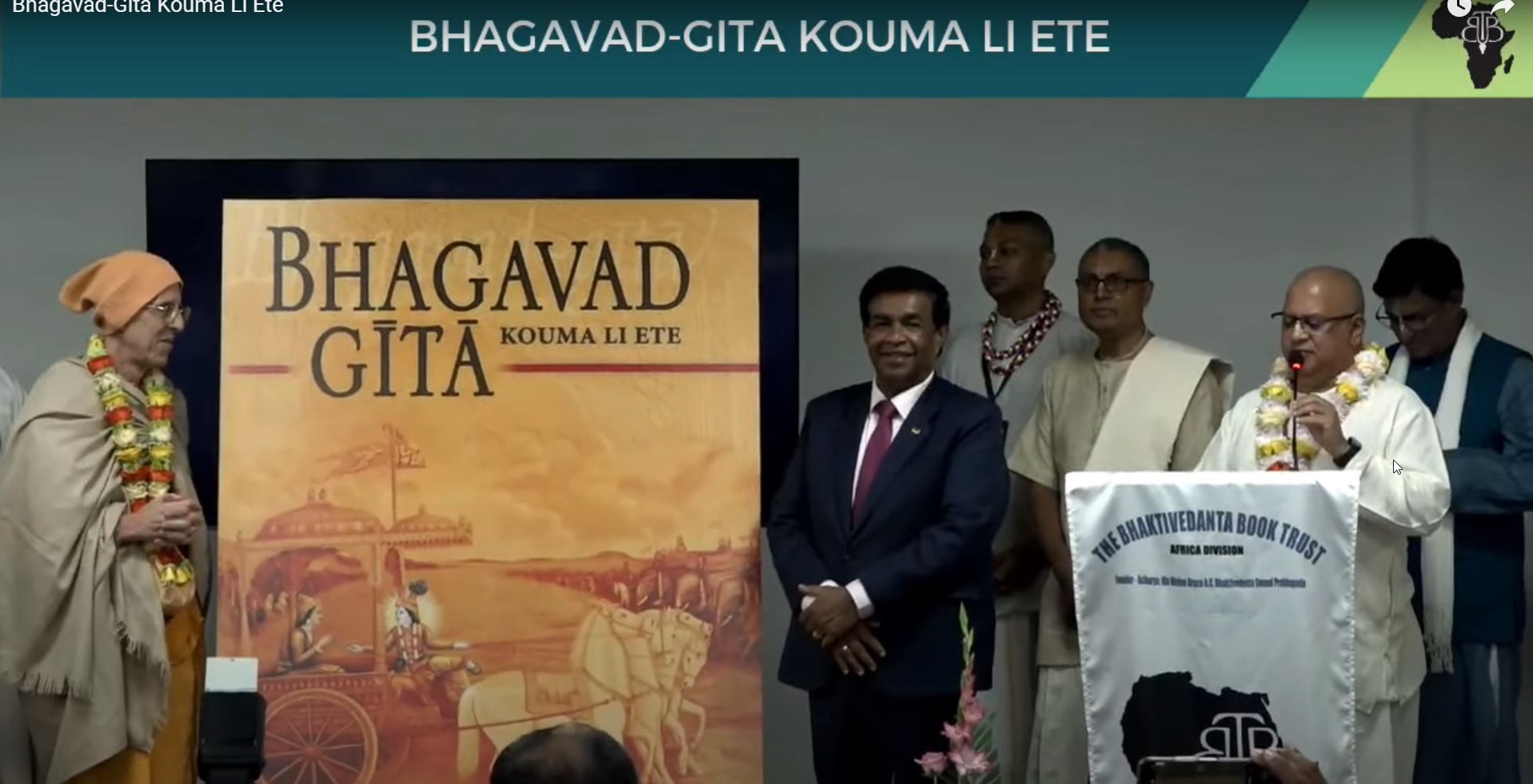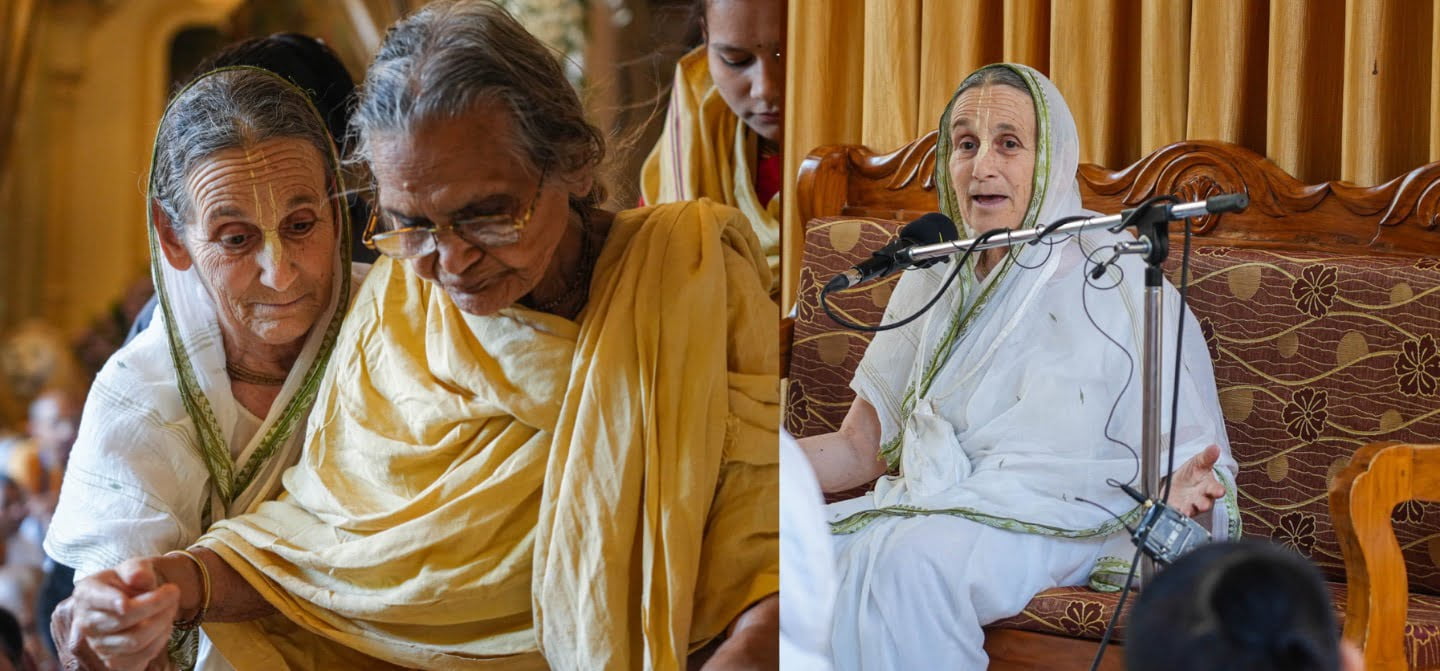COMING OF AGE #2 – What does Cooperation Really Mean?
By Yudhisthira Dasa | Mar 04, 2023

We all know that ISKCON Founder-Acharya Srila Prabhupada strongly and repeatedly emphasized that, to demonstrate their love for him, his followers should cooperate together. (NOTE: Please refer to the first article in this regular series on this same topic https://iskconnews.org/coming-of-age/). We also know that disagreement in all groups of human beings (embodied souls) is the rule rather than the exception. And, while seemingly “big ask” of cooperation does not require agreement to exist, it does require humility, patience, tolerance, and the kind of broad-mindedness that doesn’t present as sectarianism. Plus, these prerequisites for cooperation happen to line up with Lord Chaitanya’s teachings.
Cooperation is defined as “working together towards the same end.” What does this mean in the context of an ancient religious and spiritual institutions like Gaudiya Vaishnavism and, specifically, its modern manifestation as ISKCON?
To discuss this, let’s start with Prabhupada’s goal for ISKCON. Is it purely an institution of monks and nuns? One clear answer among many lies in Prabhupada’s statement in his last days that he only accomplished half of his intended services when he established a class of brahmans to share the wisdom and glories of Sri Chaitanya Mahaprabhu via his almost countless books, lectures, letters, and more. Still, he was saddened at the end of his life that he had not yet established within ISKCON the integration of varnasrama (how the natural orders of human society would be able to live and prosper together with Krishna/God at the center).
Yes, he inspired the beginnings of farming communities with the guiding motto “simple living and high thinking.” Yes, he established the beginnings of education for children and discussed the need for Krishna-centered higher education as well. And, he established Hare Krishna Food Relief as a compassionate social service for humanity at large. He also spoke of reaching more souls through “cultural conquest.” However, he knew what he established was not quite the fully ripened fruit of all his dreams for ISKCON.
Of course, he left much service for his direct disciples and future followers to perform. Such is the nature of prophets throughout history. Prophets inspire by exploring outside existing institutional norms by offering what God empowers them to share.
Since Prabhupada’s departure from this world in 1977, the looming question is whether ISKCON can stay together by cooperating together, whether or not in agreement or disagreement on issues that appear potentially unclear or ambiguous. And, if not, are we prepared to go the way of almost every spiritual/religious movement in history; namely, to divide into multiple paths (branches) reflecting these points of disagreement?





